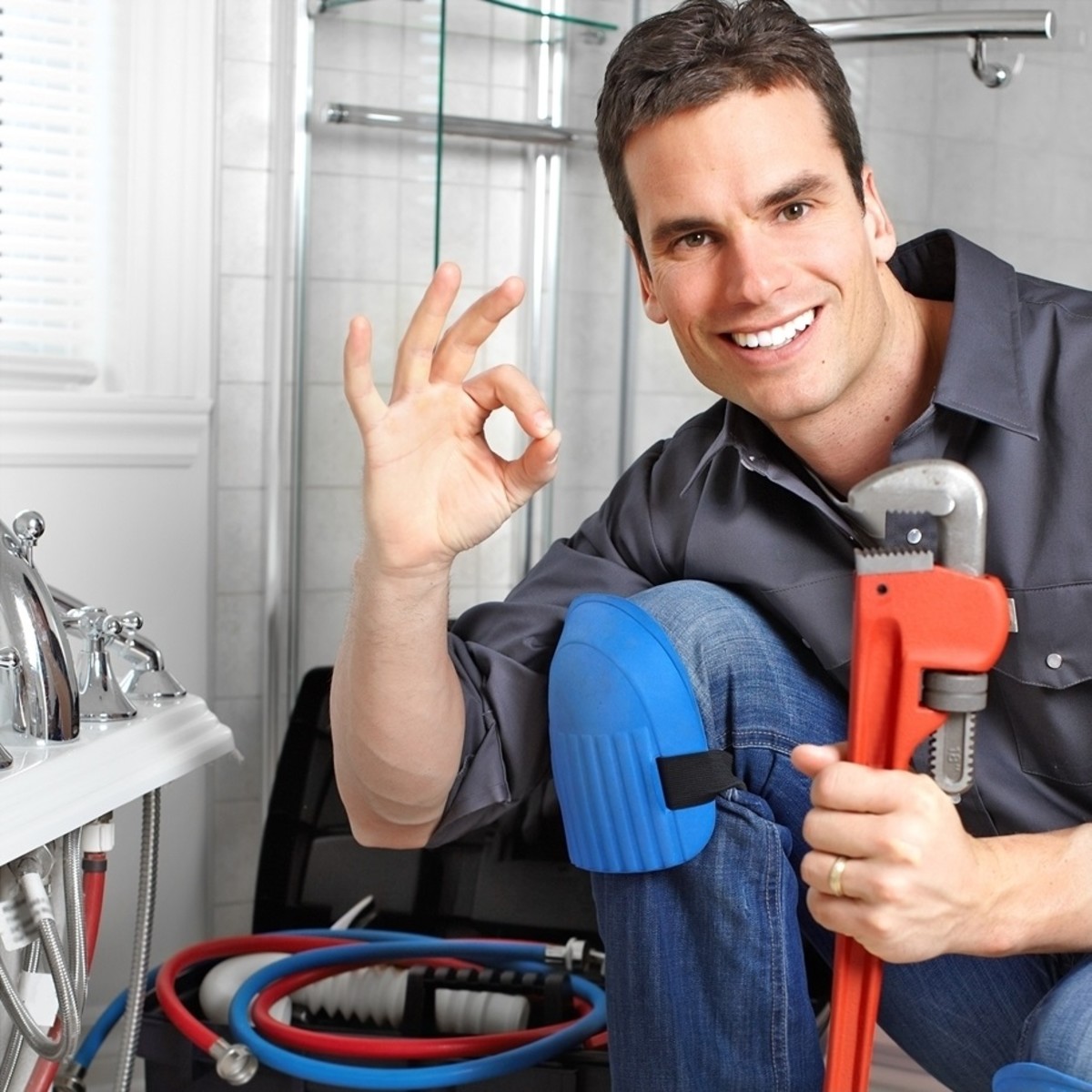Every property owner understands that plumbing issues can arise suddenly, often leading to stress and frustration. Recognizing the indicators that you need a plumber is vital to avoiding potential disasters that could cause extensive damage to your home. From minor leaks to serious bursts, understanding when to call in the professionals can spare you time, money, and a whole lot of hassle.
In this article, we will explore ten key signs that indicate it's time to reach out to a licensed plumber. Whether you're battling low water pressure or dealing with a hidden leak, realizing when to seek help is critical. We will also touch on common plumbing issues, prevention tips, and the benefits of expert plumbing services to ensure your home remains safe and functional. Let's dive into the signs that you should not ignore.
Frequent Plumbing Problems and Solutions
One of the quite recurrent problems homeowners face is a clogged drain. Food debris, strands of hair, and residue can gather over time, leading to slow drainage or total obstructions. To address minor clogs, you can attempt employing a drain plunger or a blend of baking soda and vinegar to break down debris. However, if my site remains, it may be time to call a plumber to stop damage to your pipes.
Another typical plumbing problem is diminished water pressure, which can stem from a number of causes such as sediment accumulation in pipes or complications with the municipal supply. If you detect a dramatic drop in pressure, check for leaks or damaged fixtures first. For continuing low pressure, a professional inspection could be needed to find the underlying issue and advise on the appropriate solutions.
Leaking pipes represent a serious concern, notably if the leak is hidden within walls or under the foundation. Signs of a concealed leak can consist of unusually high water bills or damp spots on walls and ceilings. If you think a leak, it’s essential to turn off your water supply right away and contact a professional plumber. Tackling leaks promptly can stop extensive water damage and mold growth, ensuring your home is safe and secure.
Emergency Water Emergencies
When surprising plumbing problems arise, recognizing the urgency of the situation is crucial. A ruptured pipe, for instance, can quickly lead to considerable water damage in your property. If you detect water gushing from a pipe, it's important to act fast. Shut off your central water supply at once to limit flooding, and then call a qualified plumber who can address the problem quickly.
Another typical emergency problem is a severe blockage, particularly if it leads to overflowing toilets or drains. This can create unsanitary conditions and should not be dismissed. Using a plunger may provide a quick solution, but if the situation continues, it is best to get in touch with a certified plumber. They can accurately diagnose the issue using specialized tools and techniques, ensuring a complete fix without further harm to your plumbing system.
Finally, if you experience a abrupt drop in water pressure, it could indicate a hidden leak or a problem with your water supply. Not only can this lead to trouble, but it may also escalate your water bill considerably. Ignoring decreased water pressure can worsen the problem, so contacting a plumbing professional to investigate the cause is advisable. They will help you find and rectify any underlying issues before they intensify into a more serious situation.
Crucial Plumbing Maintenance Advice
Routine maintenance could significantly prolong the life of your plumbing infrastructure and avoid costly fixes. Start by inspecting for leaks around taps, toilets, and visible tubing. Even a minor leak can lose a lot of liquid over time and lead to more issues if not dealt with. Additionally, inspect your hot water system periodically for possible signs of rust or debris buildup, as adequate maintenance will ensure it functioning effectively.

Clogged pipes are a common issue that can frequently be avoided with some basic precautions. Be mindful of what goes down your basins and toilets—avoid disposing of anything that isn't able to decompose and use drain screens to catch strands and waste. Additionally, once a month, run hot water through your drains, or use a combination of vinegar and baking soda to help clear potential buildup that may be starting to form.
Seasonal checks are crucial, especially with shifting climate. Before winter, make sure your plumbing are protected to avoid frost and rupturing. In the warmer months, check your outdoor plumbing and water supply systems for any leaks or issues from cold weather. By staying proactive with these upkeep suggestions, you will help avoid pipe disasters and ensure your plumbing runs smoothly throughout the year.
